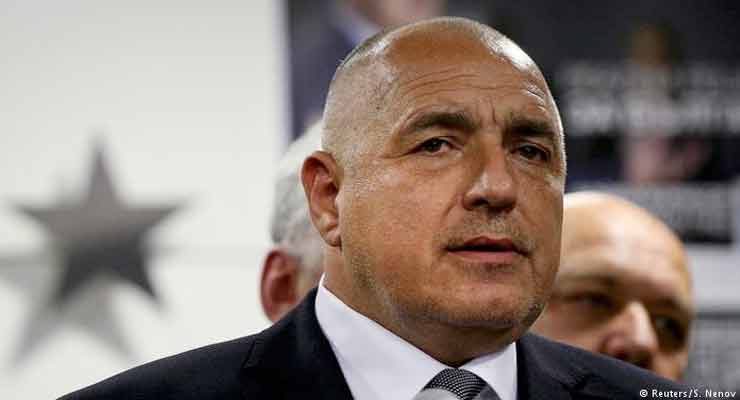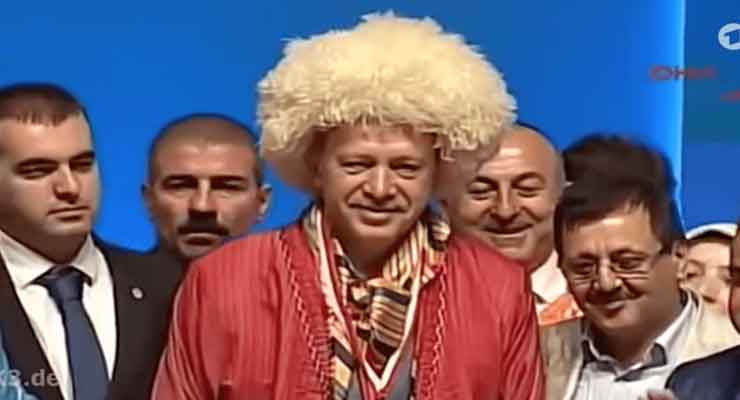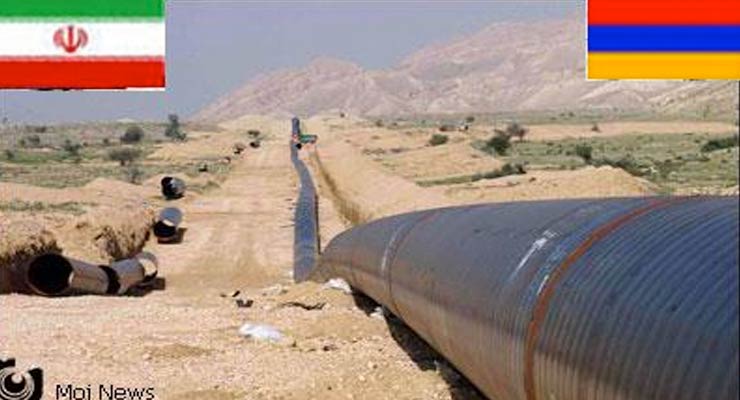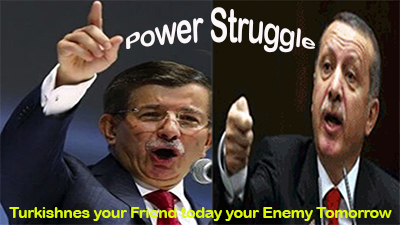 20 companies and consortia have submitted pre-qualification applications to take part in the international tender issued for the construction of the first-ever solar power plant in Armenia in order to attract investors.
20 companies and consortia have submitted pre-qualification applications to take part in the international tender issued for the construction of the first-ever solar power plant in Armenia in order to attract investors.
As Panorama.am was informed from Armenia’s Ministry of Energy Infrastructures and Natural Resources, the companies represent different countries famous in the sphere.
“The companies applying for the pre-qualification stage represent China, the U.S. Germany, Spain, South Korea, Iran and other countries,” Deputy Minister Hayk Harutyunyan informed.
A tariff competition will be announced between the companies, which will overcome the pre-qualification stage. Preference will be given to the applicant, which will propose the lowest and the most competitive tariff. The competition process will be completed at the early 2018 and the construction of the plant will begin.
According to the source, it is expected that already at the end of 2018 Armenia will operate the first 55MW solar power plant.
According to the investment program approved by the Government, 110MW solar power plants are set to be constructed in six locations in Armenia with the first 55MW plant to be constructed in Masrik site of Gegharkunik Province.

 In order to ensure the implementation of the investment program for the construction of the solar power plants approved by the Armenian Government at the end of the last year, an inter-agency commission has been established.
In order to ensure the implementation of the investment program for the construction of the solar power plants approved by the Armenian Government at the end of the last year, an inter-agency commission has been established. Bulgarians have backed two-time premier Boyko Borisov in a snap election. With newcomer populist groups also claiming seats, Borisov must form a coalition from a fragmented legislature.
Bulgarians have backed two-time premier Boyko Borisov in a snap election. With newcomer populist groups also claiming seats, Borisov must form a coalition from a fragmented legislature. Turkish President Recep Tayyip Erdogan on Friday rubber-stamped controversial constitutional changes that will boost his own powers, paving the way for a referendum on the legislation in April, AFP reports.
Turkish President Recep Tayyip Erdogan on Friday rubber-stamped controversial constitutional changes that will boost his own powers, paving the way for a referendum on the legislation in April, AFP reports. Iran’s Energy Minister has announced that the capacity of electricity exchange between the Islamic Republic and Armenia will soon grow from 300 to 1200 MWs, Mehr News Agency reports.
Iran’s Energy Minister has announced that the capacity of electricity exchange between the Islamic Republic and Armenia will soon grow from 300 to 1200 MWs, Mehr News Agency reports.



